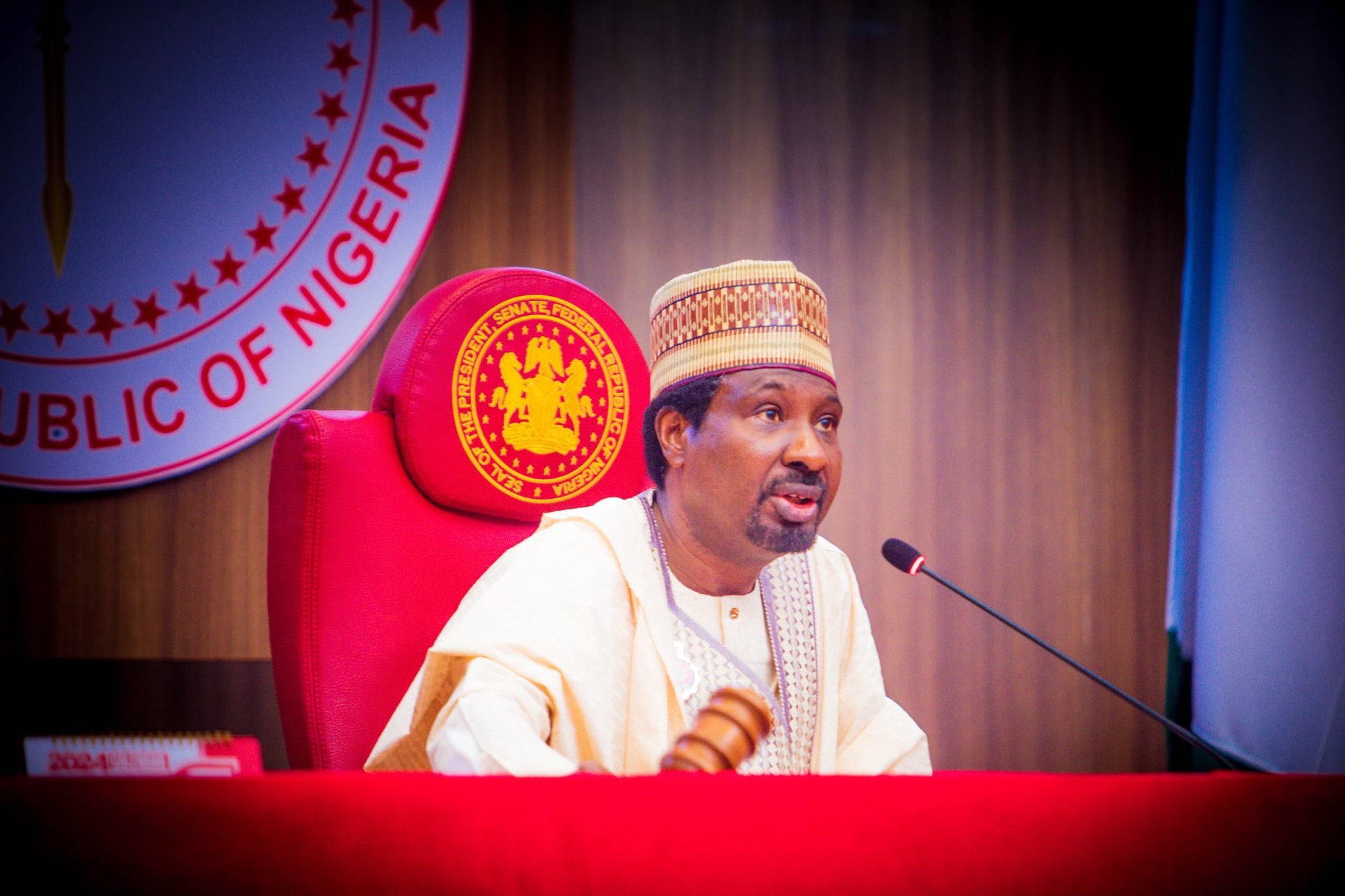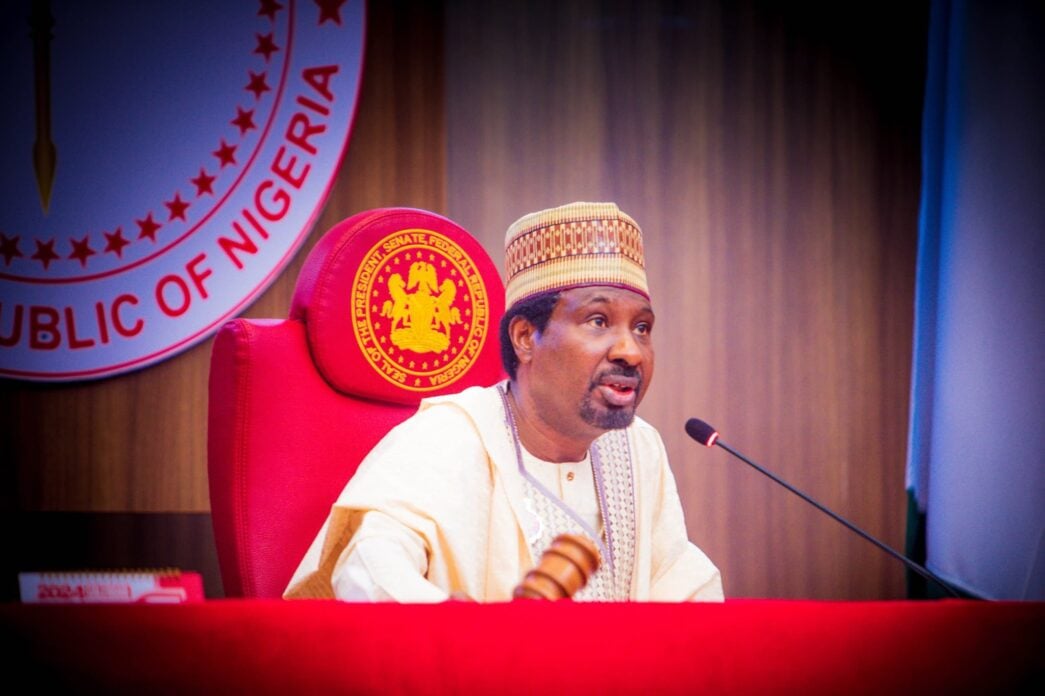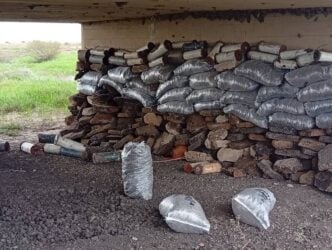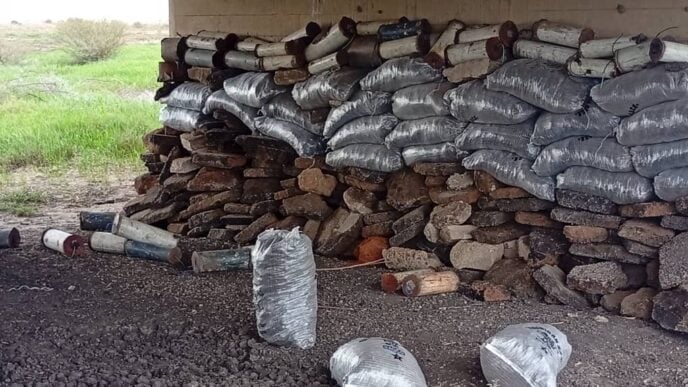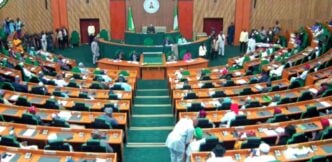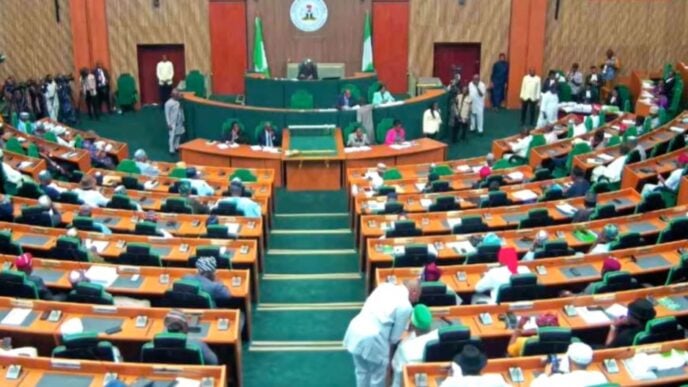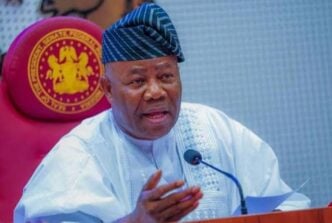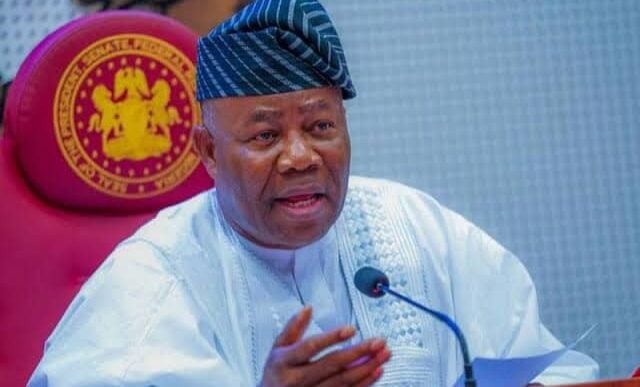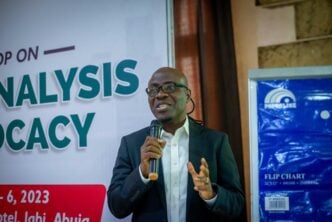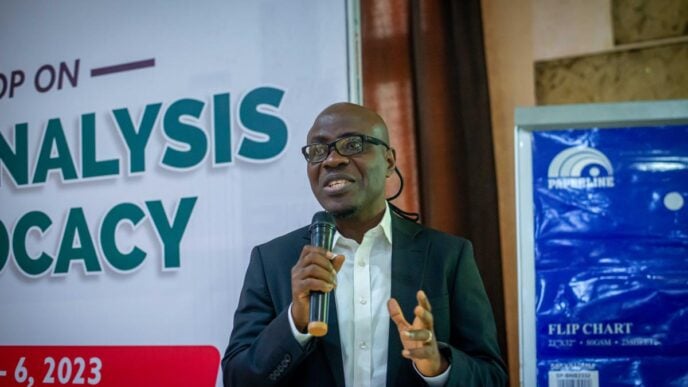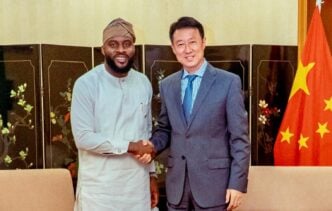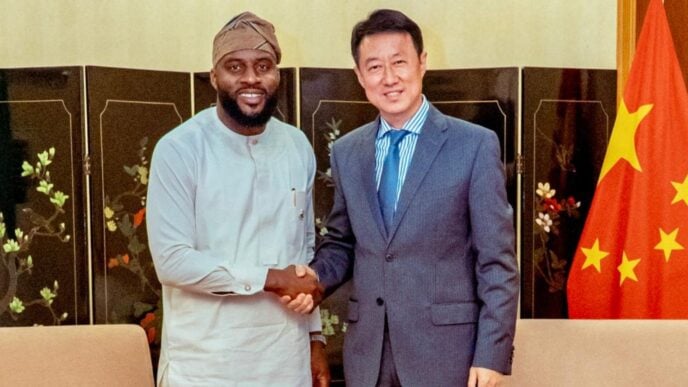Barau Jibrin, deputy senate president, says previous efforts to amend the 1999 Constitution did not adequately address several Nigeria’s fundamental governance issues.
Barau, who is chairman of the committee on the review of the 1999 Constitution, spoke on Friday during the south-west zonal public hearing held in Lagos.
Represented by Opeyemi Bamidele, senate leader and vice-chairman of the committee, Barau said critical proposals on state policing, devolution of powers, and constitutional recognition of traditional institutions failed due to insufficient approval from state assemblies.
“Several fundamental issues of national importance remain unresolved, requiring more than just routine law-making by the national assembly and state houses of assembly,” he said.
Advertisement
“These issues continue to dominate public discourse, with many Nigerians advocating for legislative action to address them.”
The hearing, held at the Water Crest Hotel in Ikeja, brought together stakeholders from across the south-west, including traditional rulers, lawmakers, and representatives of civil society.
The deputy senate president said the committee had received hundreds of memoranda and has drafted them into bills, which have now been presented for broader consultations.
Advertisement
He listed unresolved issues to include electoral and judicial reforms, enhancement of local government autonomy, gender inclusion, traditional institutions’ involvement in governance, and state policing.
“Members of the committee hold no preconceived opinions to impose upon you but are committed to being guided by legislative practices grounded in the highest ethical standards, integrity, open-mindedness, and patriotism,” he added.
SANWO-OLU CALLS FOR TRUE FEDERALISM, POWER DEVOLUTION
Babajide Sanwo-Olu, governor of Lagos, represented at the event by his deputy, Obafemi Hamzat, said the constitutional review must be driven by equity, justice, and inclusiveness.
Advertisement
Sanwo-Olu noted that the challenges facing Nigeria go beyond constitutional clauses.
“The constitution is the foundation of our democracy, outlining our rights, responsibilities, and the very framework of our governance,” he said.
“This meeting is not just another chapter in our constitutional history—it is an invaluable chance for the people of Lagos and the south-west to have a direct and meaningful say in shaping our nation’s highest law.”
He emphasised the need for genuine federalism, devolution of powers, local government reform, state creation, and youth and women’s inclusion.
Advertisement
STATE ASSEMBLIES PROMISE COOPERATION
Adeoye Aribasoye, speaker of the Ekiti state house of assembly and south-west chairman of the conference of speakers, pledged the support of the region’s assemblies to the success of the constitution review.
Advertisement
“When transmitted to the state legislatures, we are going to consider all the bills purely in the national interest,” Aribasoye said.
Traditional rulers present at the hearing included Adeyeye Ogunwusi, the Ooni of Ife; Abimbola Owoade, the Alaafin of Oyo; and Adeniyi Ajakaye, the Oluyin of Iyin Ekiti, among others.
Advertisement
The constitution review committee was inaugurated on February 14, 2024, with Jibrin as chairman and Bamidele as vice-chairman.
The committee, made up of 45 senators, has received over 50 proposals covering governance reforms, restructuring, the judiciary, fiscal federalism, traditional institutions, and the electoral process.
Advertisement
